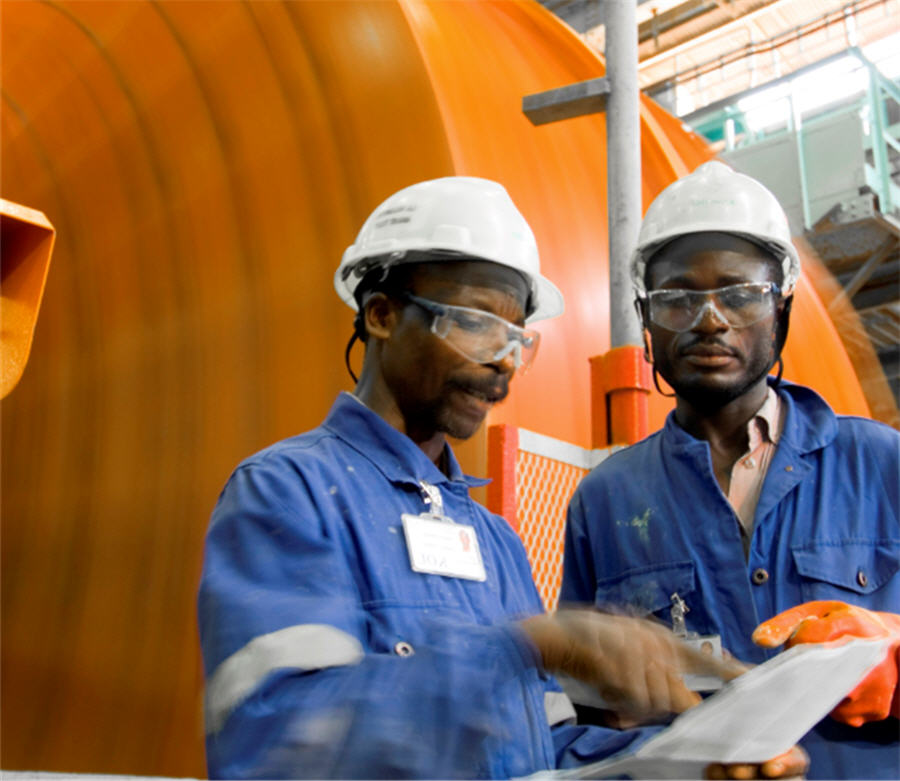Regional states back Congo opposition leader’s vote dispute

Regional heads of state backed a call by Democratic Republic of Congo opposition leader Martin Fayulu for a recount of last month’s presidential election, as the country’s Constitutional Court prepared to consider his challenge against the result.
Opposition leader Felix Tshisekedi was declared the surprise winner of the Dec. 30 poll. If the Constitutional Court validates the electoral commission’s results, he’ll succeed outgoing head of state Joseph Kabila, who was barred from seeking a third term after leading the cobalt- and copper-rich country for almost 18 years.
Fayulu claims the counting process was rigged, depriving him of victory.
The Southern African Development Community, a 16-nation bloc, and the 12-member International Conference on the Great Lakes Region both said the electoral authority should review the vote because of disputes about the outcome.
“This is the first time that SADC has asked for a recount in an election so it’s unusual,” said Stephanie Wolters, head of the peace and security research program at the Institute for Security Studies in Pretoria, South Africa. “It’s a statement which is stronger than we expected. It’s obviously really important for Tshisekedi to have SADC’s approval and endorsement for his presidency.”
‘Necessary reassurance’
SADC said a recount “would provide the necessary reassurance to both winners and losers,” according to a statement emailed by the Zambian President Edgar Lungu’s office Sunday. The ICGLR echoed the call, issuing “a strong appeal to all political actors as well as civil society to prioritize the higher interests of the country at this crucial moment in history.”
Zambian Foreign Minister Joseph Malanji on Monday softened the SADC statement by saying Lungu, the current chair of SADC’s politics, defense and security organ, supports dialogue to resolve the dispute over the vote. Any recount or other proposals to rectify perceived electoral irregularities “have to go through their internal court procedures,” he said by phone.
Results released by the electoral commission last week show Fayulu finished second, while Kabila’s preferred successor, Emmanuel Ramazani Shadary, came a distant third. Kabila’s ruling coalition won a comfortable majority in Congo’s National Assembly, which will constrain Tshisekedi’s capacity to act independently.
Catholic Church
Fayulu claims he easily secured the most votes and on Saturday petitioned the Constitutional Court to order the electoral commission to carry out another tally of the presidential and legislative polls. An influential organization representing Congo’s Catholic bishops has also said the official presidential results don’t reflect the findings of its 40,000-strong observation mission.
SADC has previously been criticized for its observer missions’ endorsements of disputed elections in member states including Zimbabwe. The day of voting in Congo was “relatively well managed and the electoral process unfolded relatively well,” the bloc said in a preliminary assessment on Jan. 2.
While calling for a recount, the 16-member regional body also urged all Congolese political leaders “to pursue a negotiated political settlement for a government of national unity,” stating that such arrangements “were very successful in South Africa, Zimbabwe and Kenya.”
Congo accounts for two-thirds of global production of cobalt, a metal used in rechargeable batteries needed by electric vehicles, and has deposits of gold, diamonds, tin and coltan, an ore that contains a metal used in mobile phones.
(By William Clowes)
{{ commodity.name }}
{{ post.title }}
{{ post.date }}




Comments